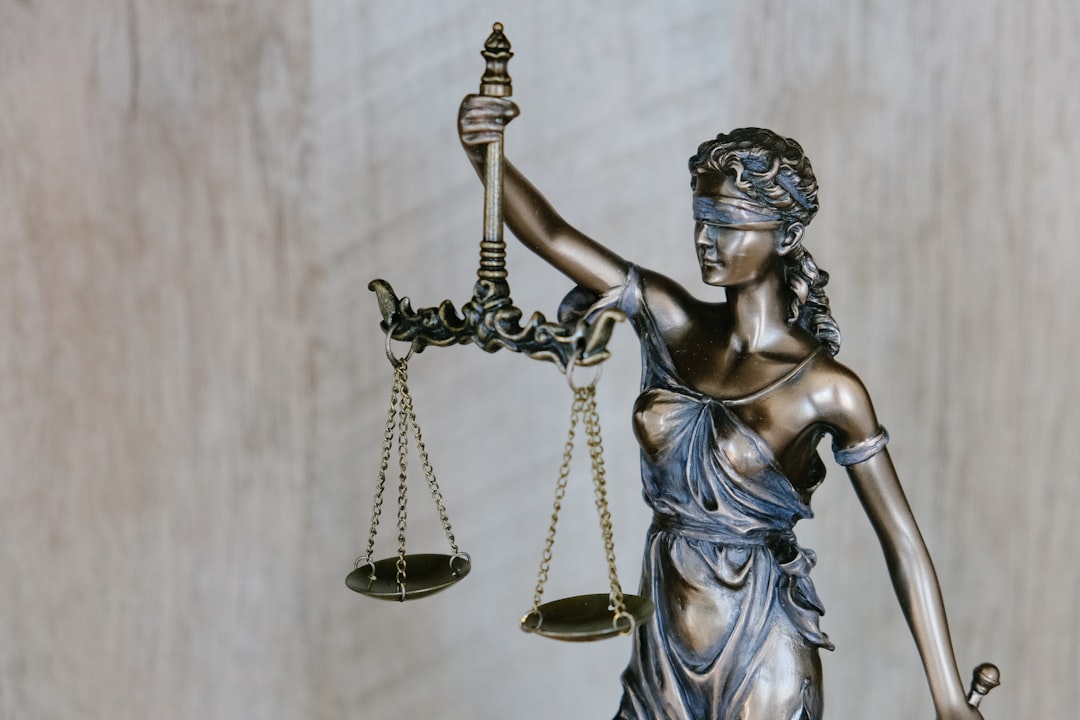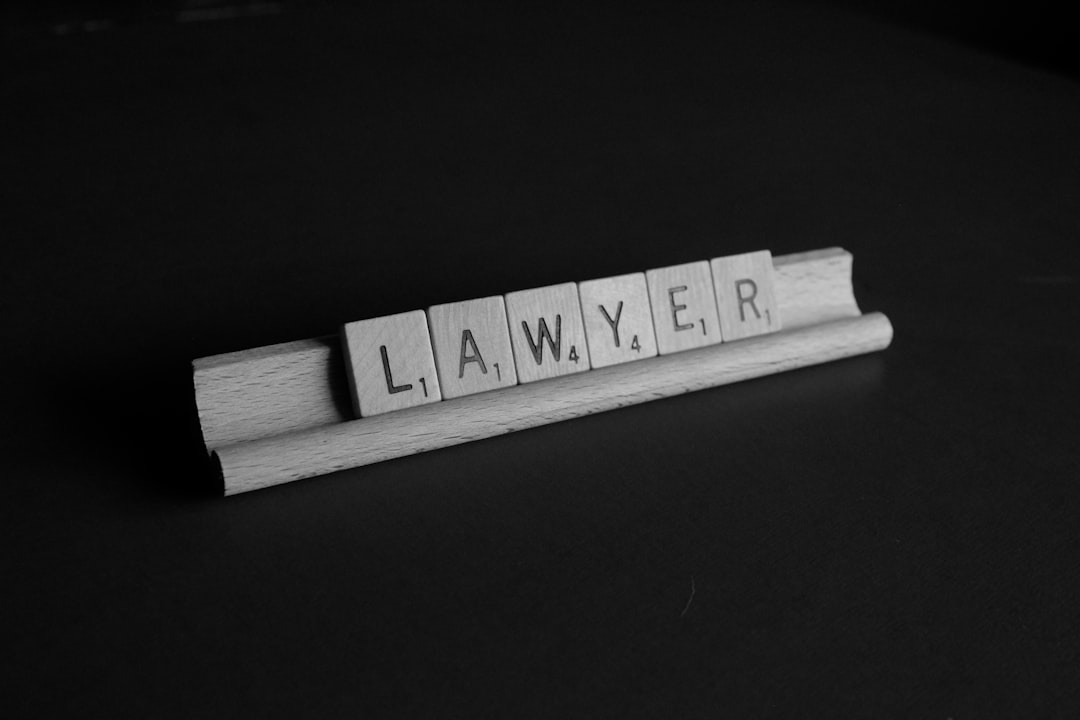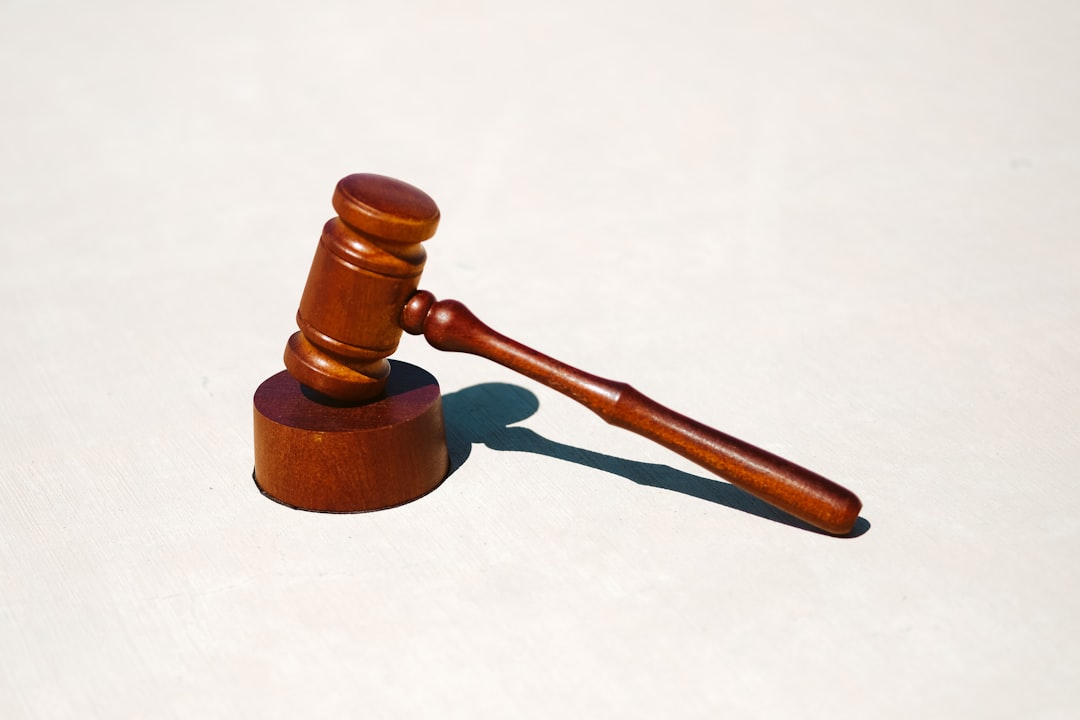In South Carolina, sexual abuse lawyers play a vital role in advocating for survivors, navigating complex legal processes, and seeking justice. This article explores South Carolina’s sexual abuse laws, highlighting the crucial support provided by attorneys dedicated to helping victims heal. We delve into their role, from understanding legal options to accessing resources, ensuring survivors receive the necessary assistance and support they deserve. If you’re in South Carolina and need a sexual abuse lawyer, these professionals are your guiding light towards justice and recovery.
Understanding Sexual Abuse Laws in South Carolina

In South Carolina, sexual abuse laws are designed to protect survivors and hold perpetrators accountable. If you’ve experienced sexual assault or harassment, understanding your legal rights is crucial. A sexual abuse lawyer in South Carolina can help navigate complex laws and ensure that survivors receive the justice they deserve.
These laws cover a range of offenses, including rape, criminal sexual conduct, and sexual battery. Punishments for these crimes vary depending on the specific circumstances, but convictions typically result in jail time, fines, and registration as a sex offender. If you’ve been affected by these issues, consulting with a qualified attorney specializing in sexual abuse cases can provide clarity and guidance during what is often a challenging and emotional process.
The Role of Attorneys in Supporting Survivors

In the journey towards healing and justice, South Carolina attorneys play a pivotal role in advocating for abuse survivors, especially those who have experienced sexual abuse. These legal professionals are more than just advocates; they become pillars of support, guiding survivors through complex legal processes while ensuring their voices are heard. With specialized knowledge and experience in handling sensitive cases, sexual abuse lawyers in South Carolina offer crucial assistance in navigating the criminal justice system and civil litigation.
Their expertise extends beyond legal procedures. They provide emotional support, helping clients process trauma and make informed decisions. Attorneys dedicated to this cause also educate survivors about their rights, ensuring they receive fair compensation for their suffering. By combining legal acumen with empathy, these lawyers empower abuse survivors to take control of their narratives and pursue the justice they deserve, fostering a safer and more supportive environment in South Carolina.
Navigating Legal Processes for Justice and Healing

For survivors of sexual abuse in South Carolina, navigating the legal system can feel like an insurmountable task. It’s a journey fraught with emotional and psychological hurdles, where finding the right support is essential for justice and healing. This is where South Carolina attorneys specializing in sexual abuse cases play a pivotal role.
These lawyers are not just advocates; they serve as guides through the complex legal processes involved in pursuing justice. They help survivors understand their rights, collect and present evidence, and negotiate with insurance companies or potential defendants. By ensuring proper procedures are followed, these attorneys empower survivors to take control of their narrative, fostering an environment where healing can begin.
Resources and Support for Abuse Survivors in SC

In South Carolina, survivors of sexual abuse can find support through various resources provided by organizations and legal professionals dedicated to assisting them. If you’re looking for a sexual abuse lawyer in South Carolina, these advocates not only offer legal representation but also serve as guides throughout the often complex and emotional process of seeking justice. Many non-profit groups focus on empowering survivors, offering counseling services, legal aid, and safe housing options tailored to meet their unique needs.
These organizations collaborate closely with South Carolina attorneys specializing in sexual abuse cases to ensure comprehensive support for survivors. They facilitate access to medical care, help navigate the legal system, and provide a safe space for individuals to share their stories and begin their healing journey. This network of resources is crucial in helping survivors rebuild their lives, break free from cycles of trauma, and secure the justice they deserve.






